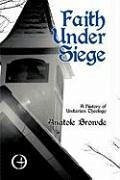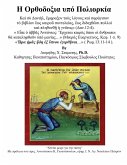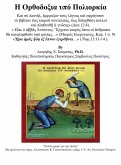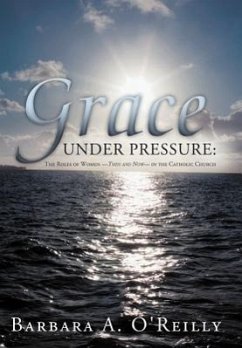Unknown to most Americans, Thomas Jefferson, John Quincy Adams and Benjamin Franklin were Unitarians. Today their beliefs have been called heretic or Christian, godless or liberal, argumentative or religious, or all of the above. Anatole Browde, an active Unitarian since 1949, uses history and theology to place these conflicting qualities into a unified liberal Judeo-Christian context. Browde is convinced that faith is besieged because Unitarian church goers have diverse belief systems. The power of the original Unitarian idea that God is one is too close to a creed and is therefore often devalued. Using sermons and essays by ministers and philosophers, Browde shows how Unitarianism beliefs dating from the sixteenth century overcame the restrictions of Calvinist predestination and sin, to become a worldwide free religion. Unitarians are free to believe in God, be humanists, have faith in an unknown, or in Christ as a prophet. His narrative provides an insight to the controversies that plagued believers throughout Unitarian history and demonstrates that the concepts of God and faith can make every service a celebration of joy and love.
Bitte wählen Sie Ihr Anliegen aus.
Rechnungen
Retourenschein anfordern
Bestellstatus
Storno








